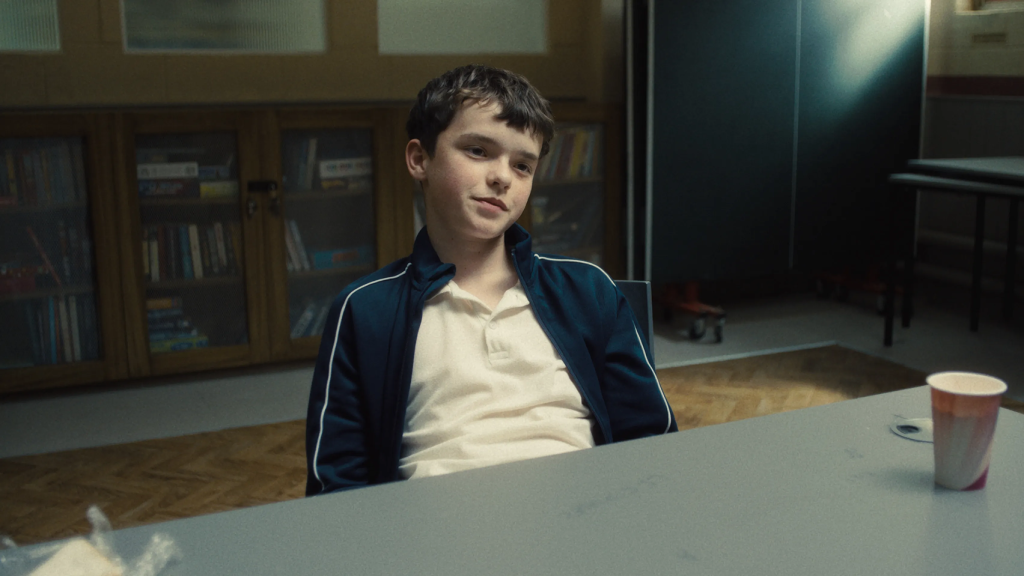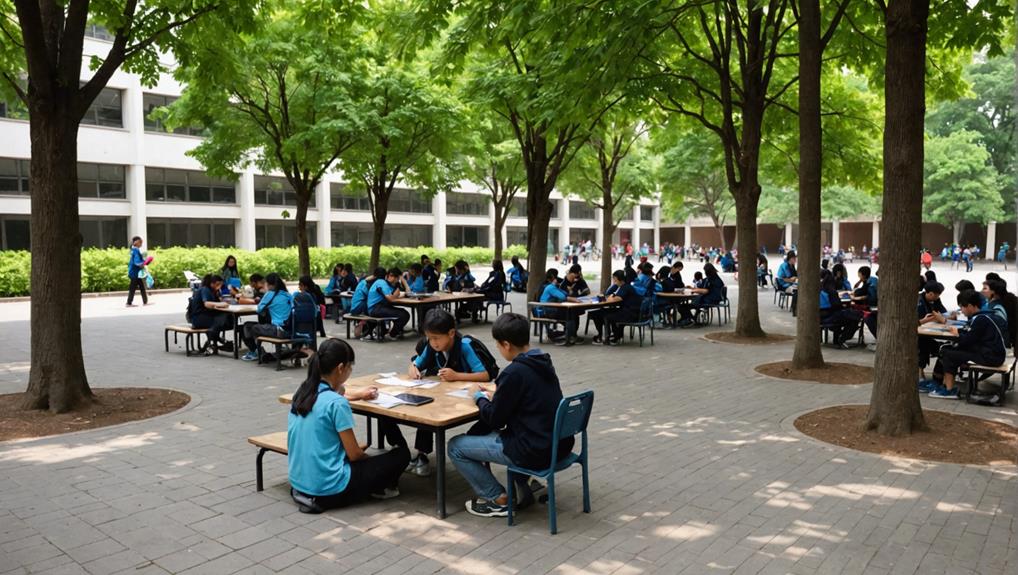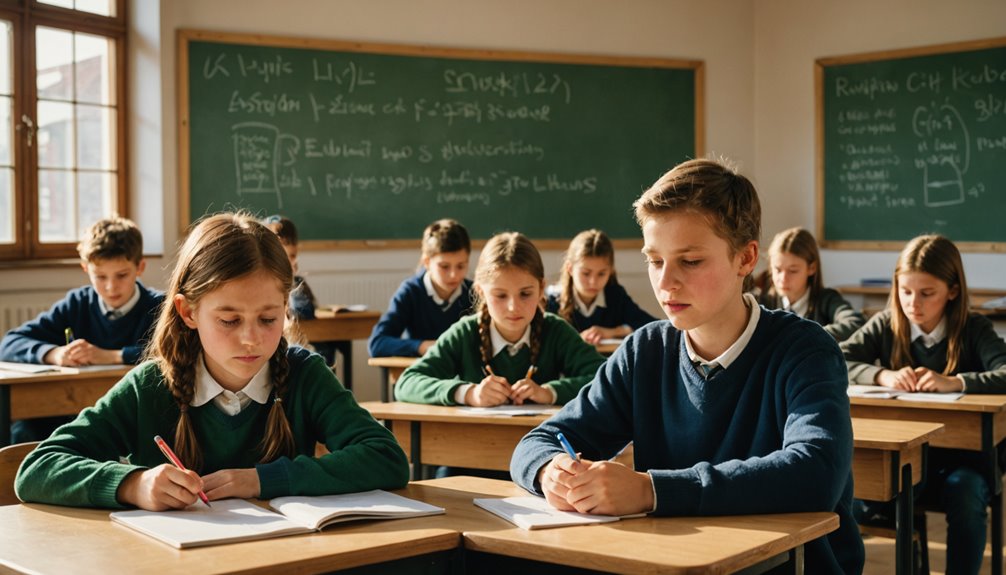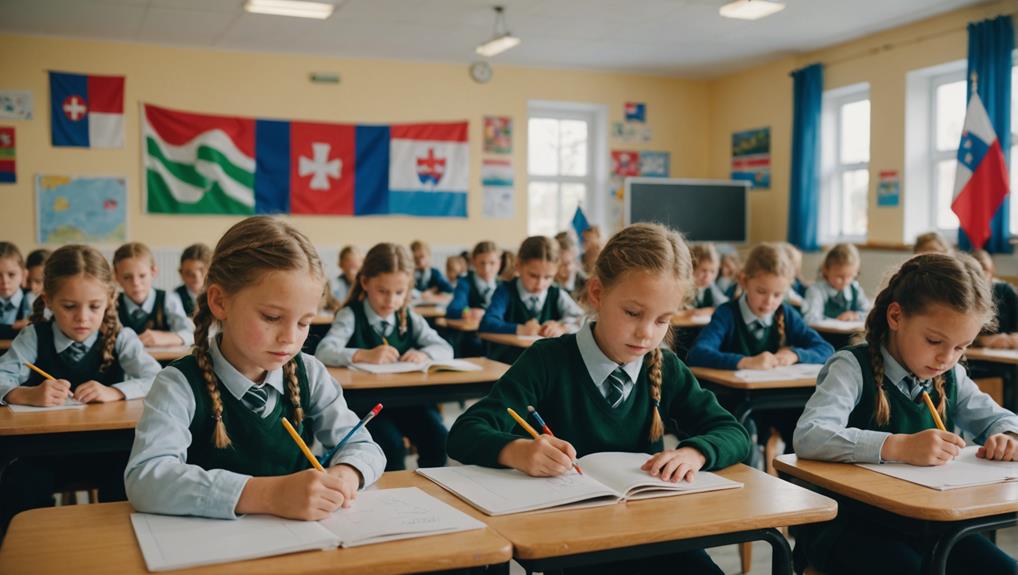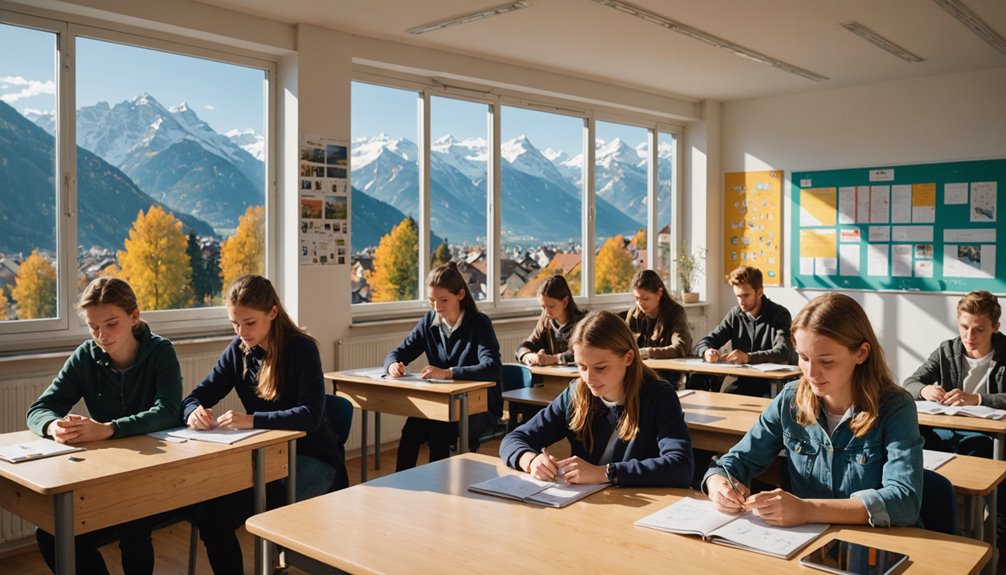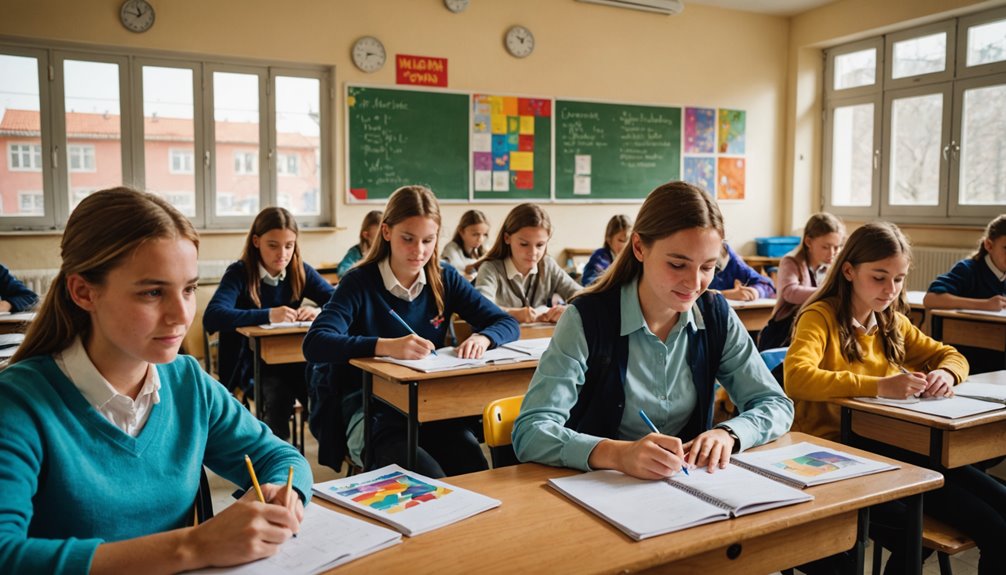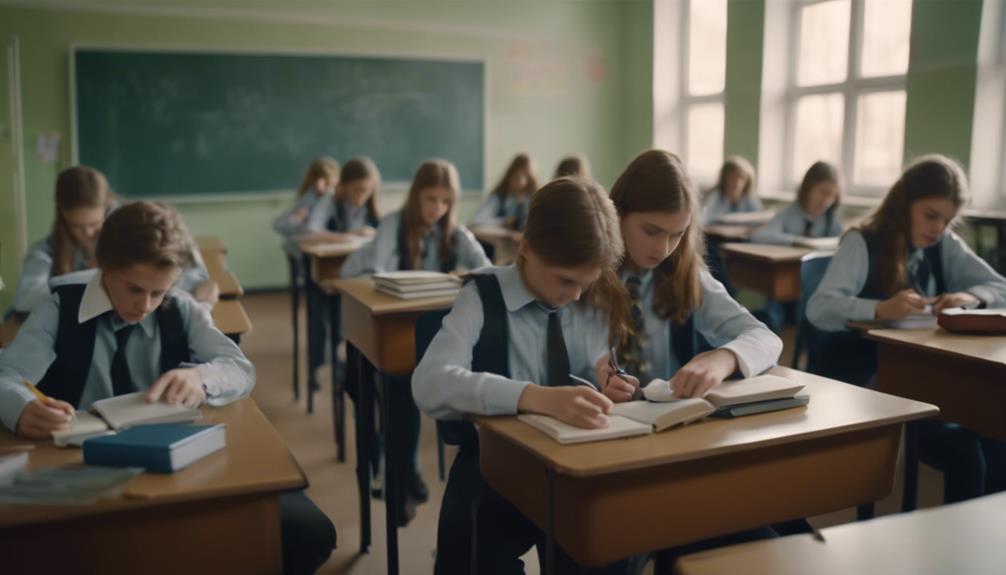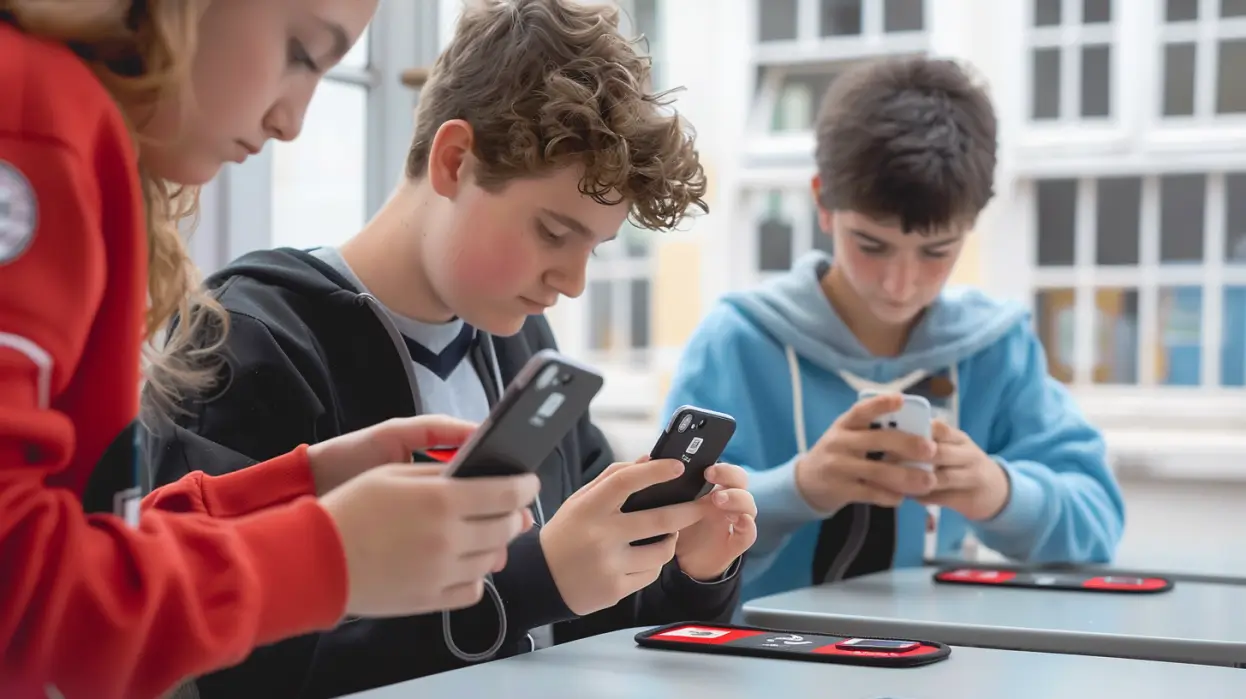New Netflix Show Raises Awareness of Youth Radicalisation
A new top ranking Netflix show has shocked and captivated audiences with its unflinching portrayal of teenage violence and the societal issues contributing to it.
Adolescence is a British drama series that premiered in March, centring on 13-year-old Jamie Miller, who is arrested for the murder of his classmate. The narrative delves into the investigation and psychological factors influencing Jamie’s actions, particularly the impact of online misogyny and radicalisation within the “manosphere.”
The show follows a broader shift in attitudes in Britain as evidence mounts of the harms posed to developing brains by smartphone addiction and algorithm-powered social media. In one survey during 2024, 69% of respondents felt social media negatively affected children younger than 15, with nearly half of parents saying they struggled to limit the time children spent on phones.
The series has sparked discussions about the influence of online hate and youth radicalisation, with UK Prime Minister Keir Starmer endorsing its use in schools to address these pressing concerns. The Prime Minister met with its creators at Downing Street, telling them he had watched it with his son and daughter.
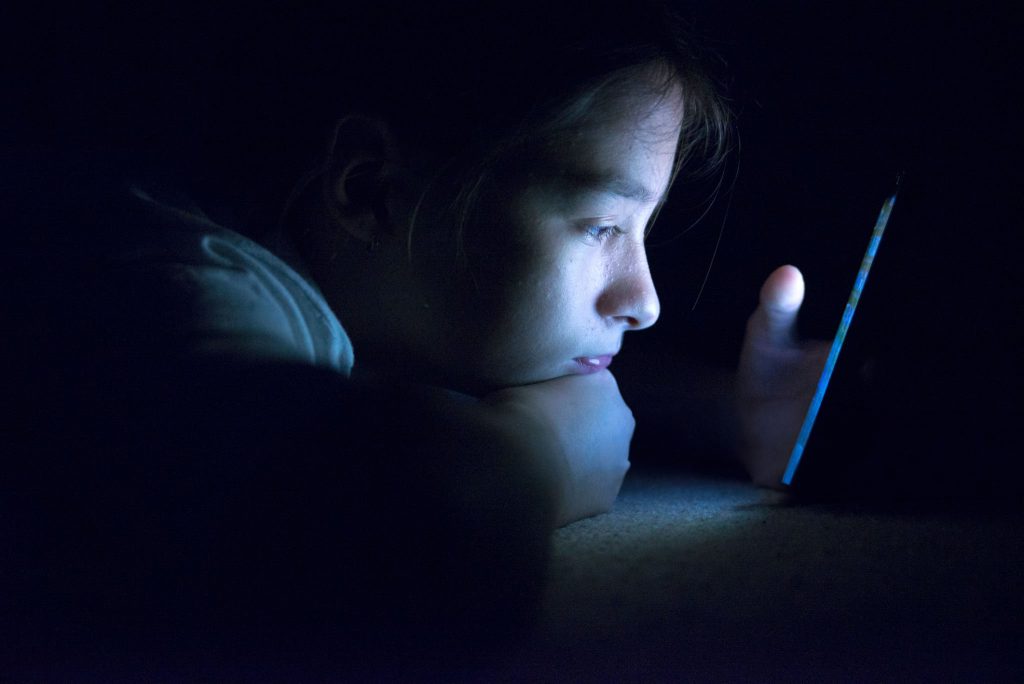
Is the UK taking enough measures?
Keir Starmer caveated his words by saying “this isn’t a challenge politicians can simply legislate for.”
So far, the UK government has been cautious about getting involved. Labour MP Josh MacAlister tried to introduce a law to ban smartphones in all schools in England. But the proposal was watered down when the government said it wouldn’t support a full ban, arguing that school leaders should decide for themselves. This was despite warnings from police and intelligence agencies about the amount of extreme and violent content reaching young people online.
Meanwhile, other governments in Europe have acted to curb children’s smartphone use. In February, Denmark announced plans to ban smartphones in schools, while France barred smartphones in elementary schools in 2018.
Back in the UK, some parents believe urgency of action is required, especially as technology companies such as Meta and X are ending their fact-checking operations, which many experts say will allow misinformation and hate speech to flourish.
“We don’t have years for things to change,” said Vicky Allen, a mother from Henfield in southern England. “It does feel like it needs to be us.”
Following watching a Channel 4 documentary on the effects of smartphones in schools, Vicky and a fellow parent successfully campaigned for their children’s school to limit phone use.
How are schools approaching mobile phone use?
Guidance from government gives the power to headteachers, allowing schools to roll out smartphone bans in a way that suits them, rather than having clear cut rules.
The London Borough of Barnet has taken the initiative, declaring all public schools will ban phones, affecting almost 63,000 children, in February.
In contrast, at Eton – one of Britain’s most elite private schools – announced last year that new students would be banned from bringing smartphones and would instead be issued with Nokia handsets that can only text and make calls.
Of course, there are lots of positive things about technology. However parents and teachers want to have a conversation about where society is heading, and discuss when it’s appropriate for children to have unrestricted access.
For schools looking to strike the right balance, they are implementing lockable phone pouches. Unlocked by a special magnet, it means students only have access to their phones when permitted. So far, it’s helping pupils improve grades, and increase social interaction with classmates.
Phone Locker offers a patented lockable pouch being used in schools across the globe looking to balance screentime. For advice on going phone-free, reach out to the team for more information.


